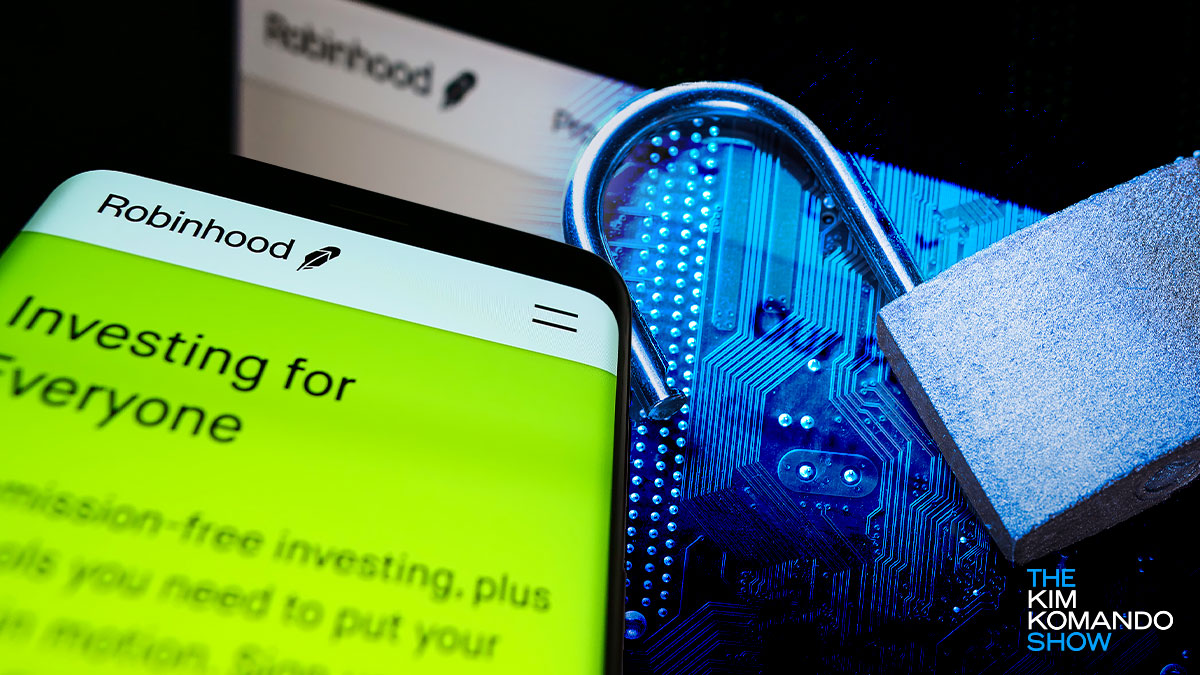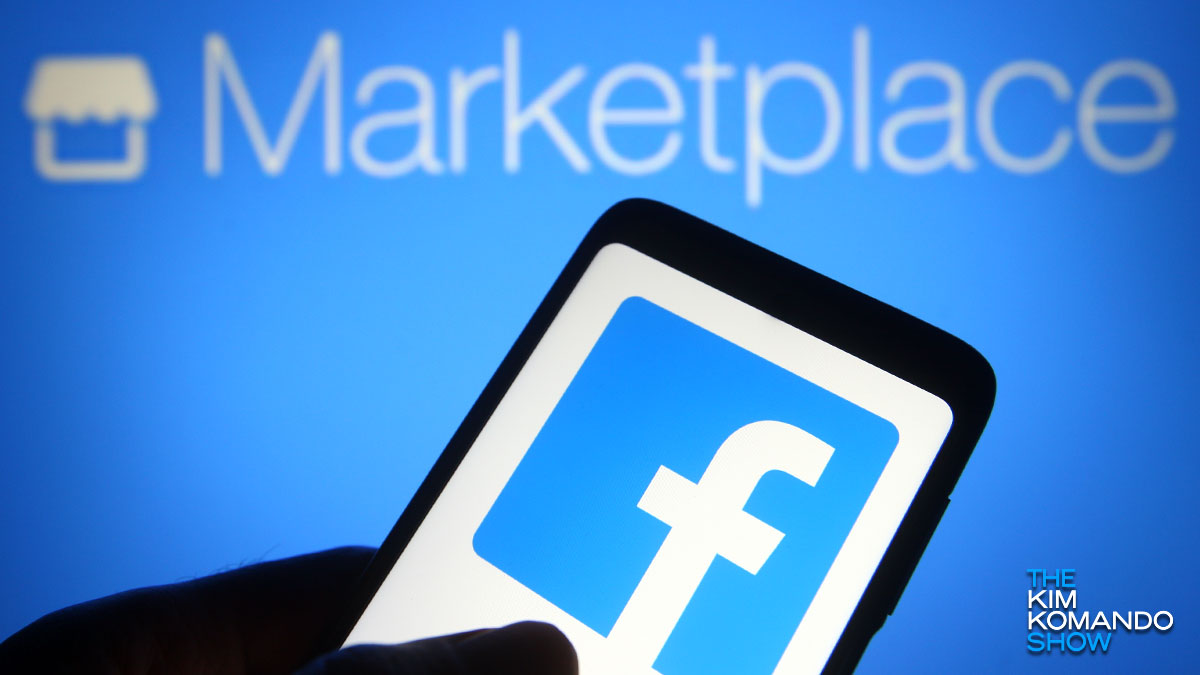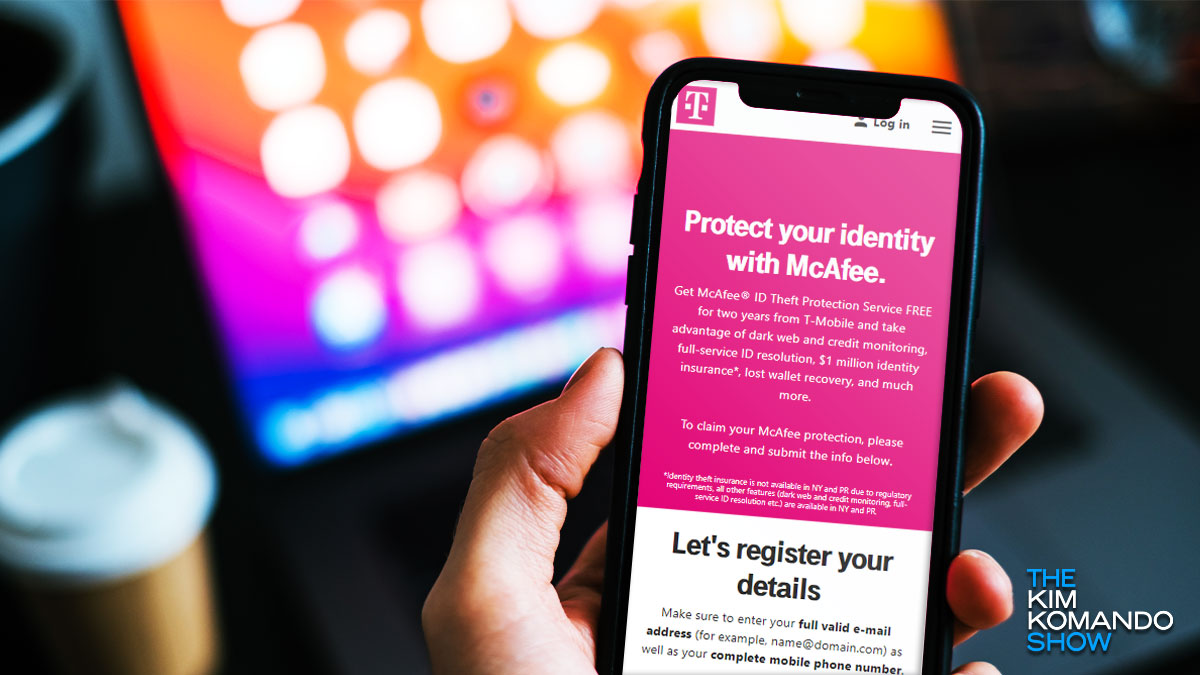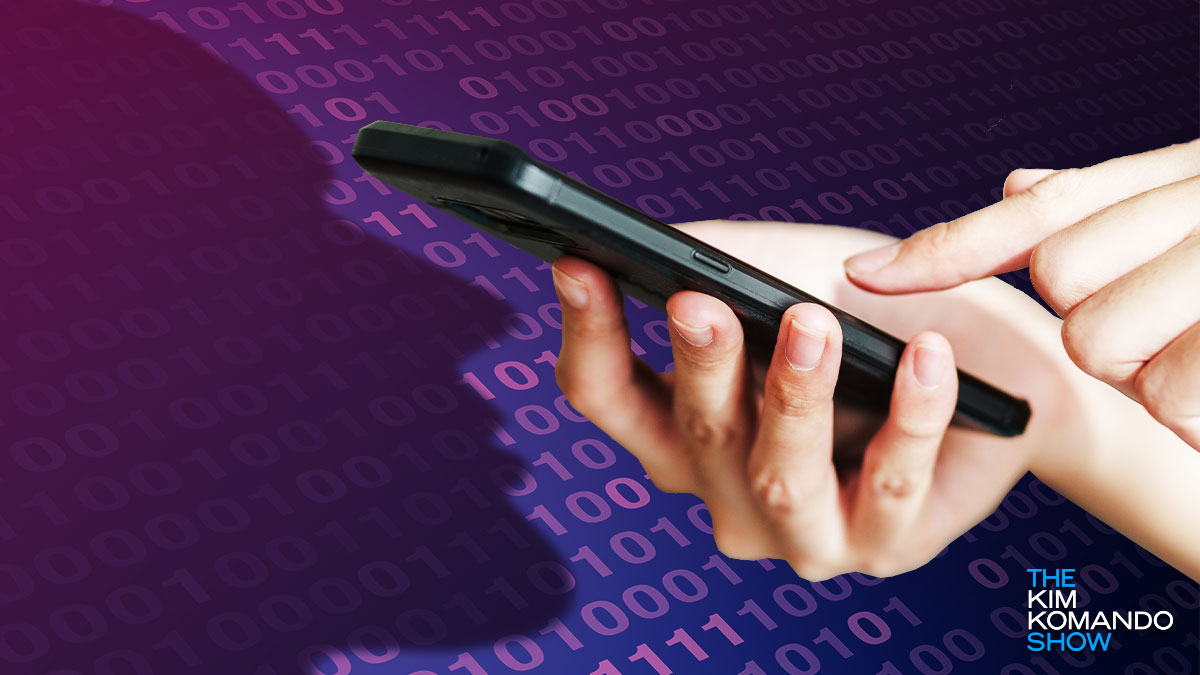This is how much your stolen credit card is worth on the Dark Web

Scammers are not picky about what they steal from you. Whether your social media logins or banking details, they can sell them on the Dark Web for a tidy profit.
But while social media details can be easy for thieves to scrape, it turns out that credit card information is relatively straightforward to come by. Moreover, credit card cloning and theft are so rampant that there are 1.6 million card numbers for sale on the Dark Web.
Keep reading for details on this growing problem and ways to protect your finances.
Here’s the backstory
How much do you think a stolen credit card sells for on the Dark Web? According to NordVPN, the average cost is only $10, and most come from U.S. citizens. Analyzing work from independent researchers, they released a report detailing the extent of the criminal activity.
The most popular cards for criminals are Visa debit cards, followed by Mastercard and American Express. Because credit cards have some form of purchase or fraud insurance from the bank, the theft of debit card details is more devastating to the victims.
The risk also increases if you have more than one card, which most Americans do. If you live in California, Florida or Texas, you must be extra cautious. According to the report, criminals stole almost 89,000 cards in California. Florida isn’t much better with 82,000 cases and Texas with 74,000 cases.

The state with the lowest amount of payment cards stolen is Rhode Island. That could be due to the low population. But how do criminals get ahold of the card details? Well, there are two methods: database breaches and brute-force hacking.
What you can do about it
Brute-force hacking is essentially a complex way of guessing the sequence of numbers on the card. Unfortunately, most people aren’t aware that the numbers follow an international pattern.
The first one or two numbers indicate the card type, like Visa or Mastercard. The following four numbers indicate the issuing authority. And the seventh to 15th number represents your account number, and the last digit is to verify the card’s authenticity.
3 surefire signs someone stole your identity

Your credit card information is valuable to scammers, but there is one thing that they desire the more: your personal information. Tap or click here to see 10 accounts more valuable to cybercriminals than your credit card.
This Google Voice scam is so bad the FBI put out a warning

Robocalls, scam calls, sales pitches are annoying and enough to make you stop answering your phone. The thing is, by the time you start getting inundated with these types of calls, it’s too late to do much about it.
3 websites that gather and sell your info - And how to delete it

You’ve got a few hundred secret admirers. These figures hide in the shadows, watching over you, writing down as much as they can, becoming as much of an expert on you as possible. Then they turn around, sell what they find, and make a killing.
5 warning signs you’re being targeted by an identity thief

Identity theft is scary for good reason: It’s hard to prove, tough to spot and can be devastating. And in many cases, you don’t realize anything is wrong until the damage has been done.
Watching out for warning signs you may be being targeted will bring you some peace of mind.
Robinhood breach exposes millions of names and email addresses - Take these steps

Cybercriminals usually target personal information to steal. But contrary to what most people think, credit card details aren’t their most valuable targets. Tap or click here to see 10 accounts more valuable to cybercriminals than your credit card.
Fake government sites are impersonating real ones - Here's how to spot them

There is no doubt that the pandemic has hit certain sectors of the economy hard. Plenty of companies struggled to make ends meet and to retain their usual level of staff. When that wasn’t possible, millions of Americans were furloughed.
Signs someone opened a bank account in your name - And what to do about it

Bad credit comes with many problems, like higher interest rates and rejected home and vehicle loans. That’s why you should look out for the one threat that can tank your credit score: identity theft. If a scammer steals your identity, they can drain your accounts and obliterate your financial security.
Scam alert: Don't fall for this Facebook Marketplace trick

Online marketplaces have made it easier to unload your old stuff. Setting up an account is easy, and it can all be done from the comfort of your home. Even if you work full time, you can sell stuff as a side gig. Who doesn’t like a little extra income?
Half a million VPN passwords leaked - Has your info been compromised?

We all know the dangers of data breaches. When large caches of information are leaked, victims are at risk of many serious issues, including identity theft and other costly and frustrating cybercrime. Tap or click here for details on a recent breach that hit a wireless carrier.
Use this tool to see if your data has been exposed online

We all know the dangers of data breaches. When large caches of information are leaked, those involved are at risk of many serious issues, including identity theft and other costly and frustrating cybercrimes.
There have been a lot of data breaches making headlines in recent months. Remember when the credit card info of millions of guests leaked in a travel site data breach a few months ago? That was just one of many recent incidents involving stolen data.
Was your info exposed in the latest mobile breach? Here's how to get free identity theft protection

When a data breach exposes the personal information of millions of users, it raises some serious alarms. Unfortunately, that is exactly where T-Mobile recently found itself.
It was revealed that a hacker managed to gain access to T-Mobile’s data servers and make off with millions of people’s personal data. The unknown hacker has since been trying to sell the data on the Dark Web for as much as $270,000 worth of Bitcoin.
T-Mobile investigating possible data breach after customer records posted for sale

With only your email address, login credentials and telephone number, cybercriminals can torch your life. They can use this data to break into your financial accounts, snatch your cash, steal your identity and even commit crimes in your name.
As COVID cases increase, so do related scams - What to watch out for

While we are not out of the woods yet regarding the pandemic, people are getting vaccinated and traveling again. With proper precautions, you can see the world while staying safe this summer.
The Delta variant is rising to the top of COVID strains, and the Centers for Disease Control and Prevention has updated its guidelines accordingly. You can keep track of the spread of the virus with an interactive map provided by the CDC. Tap or click here for more information and tips.
Scary new malware that live streams your screen - Here's what to look for

Ever feel like somebody is watching you? Years of horror movies have given us a real sense of fear of being watched by unsuspecting people. When it comes to tech, malware could be the suspect. Millions of PCs are infected with malware. Tap or click here to check your Windows computer now.
Don't fall for these social media account verification scams

Twitter’s coveted verification badge had been a social media status symbol for some time. Many have tried to become verified with the blue check, but Twitter unofficially closed applications in 2017.
Facing a backlash after verifying a white supremacist and six fake accounts, Twitter said that it would be looking into ways to create a more robust process. The result saw the reopening of the verification applications earlier this year.
These apps leaked personal data on 100M users. Delete them now!
We use mobile apps every day, and when downloading them, we assume our data will be stored securely. Most users don’t even think twice about the possibility that the app they have just installed is a privacy leak waiting to happen.
Data from another social media site leaked - Watch out for scams
For many, social media platforms are the primary way of communicating with friends and family during the pandemic. It has also served as a great way for people to remain in contact with old acquaintances.
But recently several social media platforms have come under attack from hackers, stealing millions of records and personal information. Earlier this month, hackers made off with 533 million Facebook records. Tap or click here to find out if your account was exposed.
Unemployment scams: Red flags someone stole your identity

The COVID-19 pandemic has left a devastating economic impact on working Americans. More than 40 million unemployment claims were filed at its peak, and that’s not even counting gig workers and self-employed people.
If you or someone you know needs to file, there is a way to speed up the process. Tap or click here for an app that can help.
Warning: Why you shouldn't post a selfie with your vaccine card

The COVID-19 vaccine has been delivered to millions of people in the U.S so far. Don’t know when you’re eligible to receive the vaccine? Tap or click here to take a quiz that can give you an idea of when you will be.
